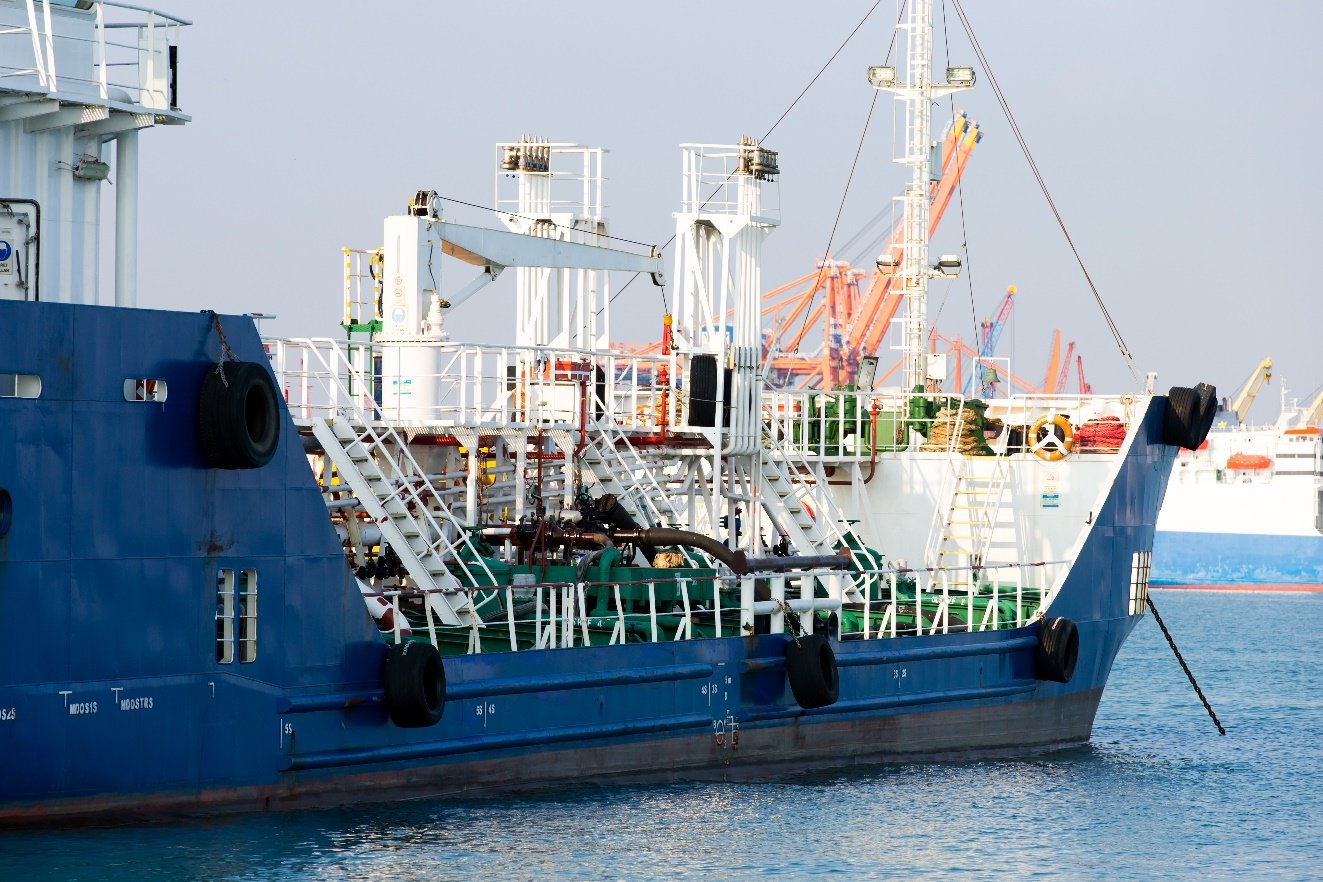
Blog
4 Steps to Filing a Maintenance and Cure Claim
Posted in Maritime Piracy
No occupation is completely devoid of threats to physical safety—even office workers have to contend with carpal tunnel syndrome and similar maladies—but, for maritime employees, the dangers are much higher than the norm. Injuries in this line of work happen with alarming frequency and vary widely in their severity, from minor bruises to lethal trauma.
For that reason, maritime personnel must remain continually alert to hazards in their environment—but even the most careful worker can fall victim to harm. Getting hurt on the job is nothing to be ashamed of; it’s just a regrettable part of maritime employment.
In many cases, the stress of a maritime injury is aggravated by the stress of uncertainty as to what comes next. What should a wounded seaman do now? Returning to their former employment isn’t possible, at least not in their current physical condition, and there are bills that must be paid. Anyone in this difficult situation needs to be aware that financial compensation is available.
There are various laws on the books that provide aid to persons who have become seriously hurt while performing their duties as a maritime worker. Which type of compensation you qualify for depends on multiple factors, but the primary financial aid program is known as maintenance and cure. In almost every circumstance, a wounded seaman can meet the requirements for this kind of aid.
What Is Maintenance and Cure?
If you’ve been involved in the maritime industry, you’ve probably heard about maintenance and cure, and it’s likely that you grasp the general idea behind it, but if you’ve never had to apply for it you may have questions about the benefits it offers. Therefore, it’s best if we provide a brief overview of maintenance and cure benefits.
Maintenance and cure has been part of maritime law and tradition continuously since the 19th century. It came into being as a way to promote safer work environments by requiring maritime employers to bear the medical-related expenses of personnel who become injured while on the job.
The term “maintenance and cure” actually encompasses two distinct components:
Maintenance – The first component is maintenance. This is a small amount of compensation intended to allow the out-of-action seaman to maintain a basic standard of living during the period of recuperation. Covered expenses should include the cost of food, lodging, and other routine bills that must be paid.
In practice, maintenance generally doesn’t add up to much: It’s typical for maritime employers to offer only around $20 to $30 per day (payments are issued each week). It is possible to get more, however; this is where having a maritime law firm on your side can help immensely.
Cure – The second component is cure. This is compensation for medical expenses accrued in connection with the injury or illness. Expenses covered include, but are not limited to, medical tests (e.g., x-rays), hospital visits, medication, ambulance fees, and more.
Cure is paid out until the individual in question reaches the state of Maximum Medical Improvement (MMI), a concept also applicable to workers’ compensation programs. MMI simply means that the worker’s condition is not expected to improve any further; note that this does not necessarily indicate that they have returned to their pre-injury state.
Generally, the funds supplied by maintenance and cure are not substantial, but, on the positive side, this compensation is given to maritime workers whether or not they are responsible for their injury. There is no need to endure lengthy back-and-forth arguments to determine who did what. This tends to streamline the process considerably.
What to Do
So, how does one go about applying for maintenance and cure? It’s not a particularly elaborate process (for the most part), but it is important to proceed carefully, as unwise actions in the early stages can have adverse consequences that will haunt you later.
- Report the Injury
If you become injured due to a maritime workplace accident, you are required by law to report the injury within seven (7) days. This means informing your supervisor (or other relevant personnel) that you are injured or impaired. It is the first order of business for any injured maritime employee.
You will also be expected to fill out a report explaining what happened; this should be done at the earliest reasonable opportunity. You need to be cautious here, as your statements can be held against you later, especially if you intend to apply for additional compensation outside the bounds of maintenance and cure. Be truthful and thorough.
If you feel that you are not responsible for your injury, be sure not to say anything that might give the opposite impression. If you’re not sure how to address the issue of comparative responsibility, then contact a maritime accident attorney for help in filling out your report.
This report should end up in the hands of the insurance company that covers the maritime employer in question. Often, the insurance company will then try to pressure the injured seaman into making a sworn statement, which might take the form of an audio-visual recording or a legal document. Please do not agree to this without first consulting with a maritime lawyer. Insurance companies will do what they can to minimize the amount of money they have to pay out, and you could inadvertently make a statement that harms your ability to obtain due compensation.
- Gather Evidence
You need to start a collection of evidence relating to your injury claim. This can include receipts for food expenses (which can be recouped later), medical bills, and anything else that might possibly help you prove your case. If you’re not sure what you should have in your evidence collection, remember that it’s better to have too much than too little; you can also consult with your maritime attorney for tips. You should also get the names and contact information of anyone who witnessed the accident or has knowledge of the conditions under which it occurred.
- Seek Medical Treatment
You need to see a doctor as soon as possible. If you are far out at sea, it may be necessary to have the Coast Guard convey you back to land—this is a right that you have under the doctrine of maintenance and cure. Be aware that any delay in seeking treatment may be taken as a sign that your injury isn’t very serious, and this can be used as an excuse to deny benefits.
It is important to understand that you have no obligation to use your employer’s doctors or those “recommended” by your employer. Some maritime employers try to keep matters under their control by pressuring wounded employees into consulting with medical professionals who are sympathetic to the company.
You can go to any doctor you like, however, and your employer has an obligation to pay for your medical expenses wherever these originate. Whatever the case may be, you need to obey your doctor’s orders to ensure the best possible result when it comes to obtaining compensation for your injuries.
- Contact a Maintenance and Cure Attorney
It’s possible that your employer will attempt to deny your maintenance and cure claim or refuse to compensate you for a certain portion of your medical expenses. If this happens, or you’re simply faced with an issue you’re not certain how to handle, you need experienced legal help. You can find it at Schechter, Shaffer & Harris, L.L.P.
If you are not at fault for your condition, our maritime accident attorneys may also be able to aid you in obtaining additional financial compensation under the Jones Act or another relevant maritime statute. You can contact us 24/7 at 1-800-836-5830.















